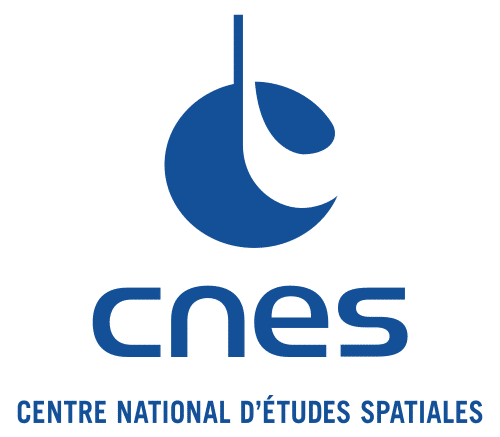Crisis in Ukraine: first assessment of the conflict’s consequences for CNES’s cooperation with Russia
The sanctions imposed by European governments and recent announcements from the Russian space agency Roscosmos are significantly impacting space programmes on which CNES is working with Russia.
These impacts are currently being closely evaluated.
The Guiana Space Centre (CSG) has been operating Russia’s Soyuz launcher under an intergovernmental agreement since 2011. CNES is currently examining the effects of Russia’s decision to suspend Soyuz flights from the CSG, notably those initially scheduled to orbit the Galileo and CSO-3 satellites this year.
The new Vega-C and Ariane 6 launchers soon set to arrive on the market should be able to accommodate a re-scheduling of Europe’s institutional launches. CNES has implemented procedures to ensure a rapid, safe and orderly departure of Russian engineers and technicians from the launch base.
While there have been far fewer bilateral scientific programmes with Russia in recent years, a certain number are still ongoing, notably in the field of space medicine aboard the International Space Station (ISS).
Operations for ESA projects on the ISS are continuing with the involvement of all of the station’s partners.
Concerning the ExoMars mission whose departure this year on a Proton launcher now appears in doubt, various options are being studied by ESA.
CNES is continuing to keep a close eye on developments and is strictly applying the government’s directives in close cooperation with its partners and overseeing ministries.
Source: CNES





Be the first to comment on "Crisis in Ukraine"